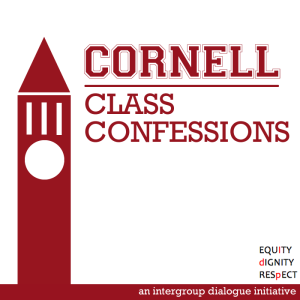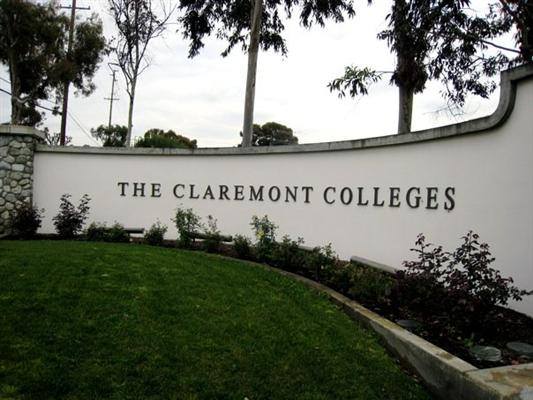
Last year, I wrote a post about the “class confessions‘ movement on campuses across the country. The Facebook pages for anonymous confessions around socioeconomic class have since reached a new height of popularity. Since my post, at least eight new pages have been created at different schools.
This, of course, is not coincidental. It’s a result of a growing network of first-generation and/or low-income groups that increasingly share ideas about the work they are doing. In February 2015, the Ivy League and other elite schools gathered for a first-generation conference at Brown University. I was on a panel discussion with three other students to discuss our work on our campuses. Class Confessions came up in the conversations. I described how UChicago had been inspired by Stanford’s project to start the UChicago Class Confessions Facebook page in early 2013. Shortly after, we saw Northwestern start their Tumblr and Claremont Colleges start a Facebook page.
What was once a smaller movement that seemed to have spread based on a smaller network of students on social media has become even more powerful because of a gathering of students on a national scale. This forum allowed the class confessions idea to take off. I remember the Columbia University students being very interested in learning about how we had launched ours at UChicago. Shortly after the conference, Columbia launched theirs. Several others have followed suit. Here’s a list of all the class confessions pages I’ve found. Let’s keep having these important conversations.



























